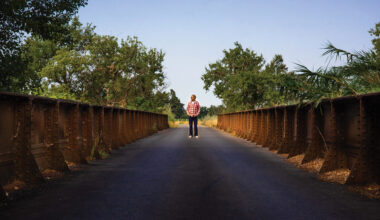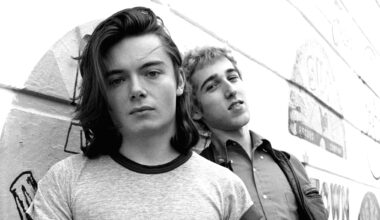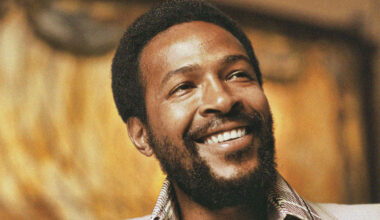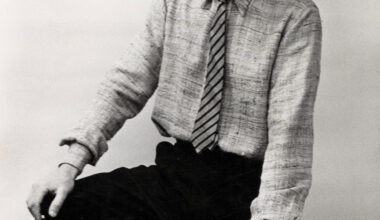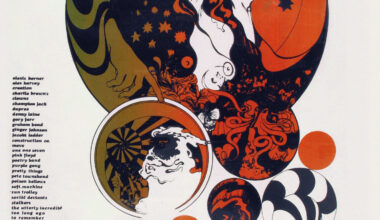Deep in the African jungle In the 1970s, A group of german engineers created the world’s first private space company. We look behind the scenes of ‘Fly Rocket Fly’, a new documentary that tells the bizarre tale of Orbital Transport Und Raketen Aktiengesellschaft
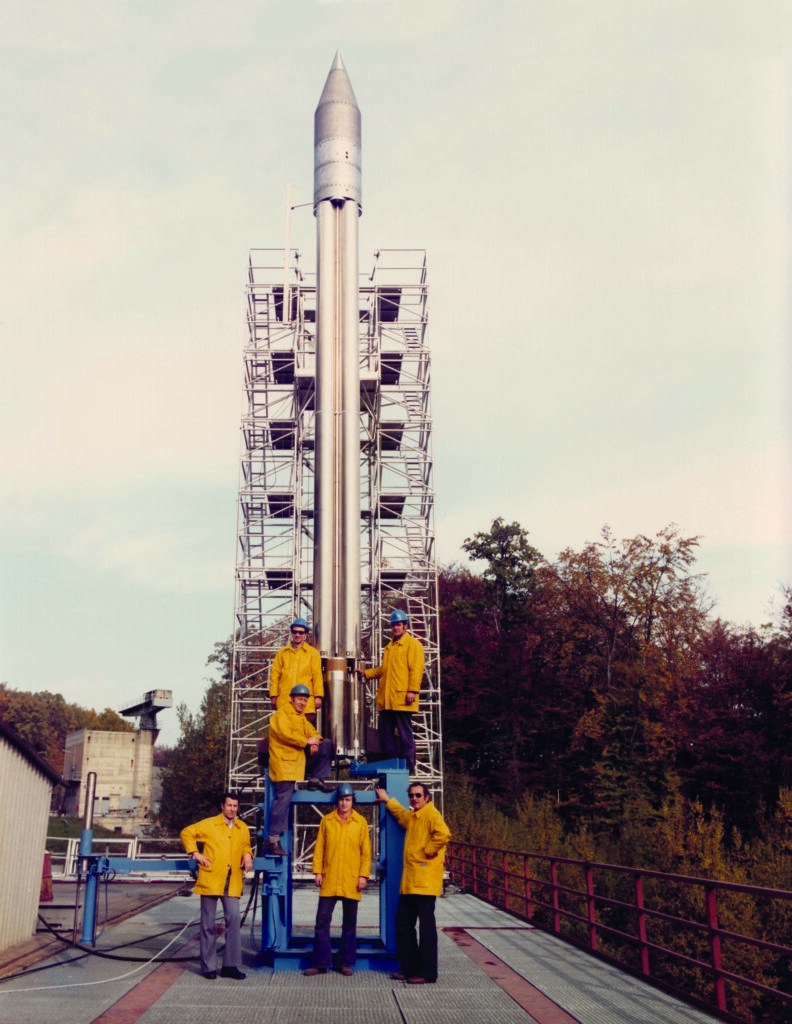
It’s 1977 and in a remote part of Zaire, a German dreamer and his cohorts are testing budget rockets bound for the stars. Decades before Elon Musk’s lauded SpaceX project, Swabian engineer Lutz Kayser and a band of maverick technicians brought Orbital Transport Und Raketen Aktiengesellschaft (OTRAG for short) to life with a mission to create low-cost space travel.
Through recently uncovered footage and interviews with many of the main players, a new documentary ‘Fly Rocket Fly – Mit Macheten Zu Den Sternen’ (“To The Stars With Machetes”) brings this unlikely tale of scientific ambition, political intrigue and economic drama to the screen.
Setting up a launch facility in Zaire in league with African dictator Mobutu Sese Seko, the OTRAG story takes in Cold War hysteria, capitalist machinations, personal tragedy and scientific success. Steeped in conspiracy and scandal, the documentary, by director Oliver Schwehm, is the first time the OTRAG project has had an official explanation from those involved.
“I was fascinated that there was nearly no information about OTRAG, only rumours and strange conspiracy theories,” says Schwehm. “When I started with the research I thought that it was a big hoax. I really love the crazy [Werner Herzog 1982 action film] ‘Fitzcarraldo’ aspect, creating a space launch facility in the middle of the jungle, far away from civilization. There’s also something quite Robinson Crusoe about it, because OTRAG created their own world, with its own rules. No one could reach them without permission.”
The unseen footage Schwehm secured was shot on Super 8 and therefore largely silent, which provided a unique opportunity to weave in sound as part of the overall narrative.
With events taking place in the 1970s, the OTRAG story draws many parallels with Germany’s cultural fabric of the era. Occupied since the fall of Nazism, the country’s creatives looked to new horizons and different ways to create. This was very apparent in music, which birthed legendary innovators like Can, Tangerine Dream and Kraftwerk. These acts embodied fresh thinking and experimental dreaming in much the same way Kayser did with his rocket visions.
The documentary’s soundtrack,‘From The Jungle To The Stars’, comes via Bureau B, a label that traces a direct line from the innovators of kosmische musik to the electronic acts informed by them today. Featuring tracks from sister label Tapete and with a score by Heiko Mailes (signed to the label as Camouflage) only adds to the retro-futuristic story.
Initially, director Oliver Schwehm contacted Bureau B label boss Gunther Buskies about using a track by Conrad Schnitzler, but further discussion let to the label filling all “the silence”. The result is a soundtrack that adds a new context to this already brilliant music.
“The whole story is a bit nerdy,” says Buskies, “almost like a spaced-out script for a low-budget movie. I’ve seen some of the video footage and the sound of many Bureau B releases were a perfect fit for those visuals. Maybe because many of the artists on our label might have some similarities to those engineers: they broke the rules of musical production, of musical song structures, and came up with something new, which later has been summarised as krautrock.”
The sound of Bureau B captures a retro-futuristic vibe which is perfect for a story from the past that imagines a brighter future. There’s a sense of awe and optimism in Camera’s ‘Skylla’ as the magnitude of the events unfolds, while Maile’s ‘Lampoldshausen’ evokes Neu! in an electropop framework creating an aural homage to the sense of motion, perfectly woven into the stunning visuals.
At times, ‘Fly Rocket Fly’ works as an extended arthouse music video.
“I have not heard about a similar project where the intention was to use progressive music as such an essential part of the whole documentary,” says composer Heiko Mailes when we ask why he thinks the visual elements work so seamlessly together. “I’m a composer with a history of electronically influenced krautrock and, furthermore, I am from Stuttgart as are the main protagonists of the OTRAG company – all together an ideal combination!
“It was often the case that I wanted my music to be a ‘dramaturgical connecting element’ between already established songs. For some of the Bureau B tracks I made edits that help to integrate the music even better into the movie.”
Both the documentary and the soundtrack are a testament to how powerful the visual and aural mediums are when produced in collaboration. Ultimately, under political pressures, OTRAG disappeared by the early 80s (few people wanted to see German rockets in the sky so soon after World War II) to be largely forgotten, but its tale of technology as a tool for change still resonates today. Oliver Schwehm sums up the mood of OTRAG’s story and the music it inspired.
“It’s a film about visions and dreams – and the eternal question, ‘What are you willing to do to make your dreams happen? How far are you ready to go? Where do you draw the red line?’. OTRAG was in a certain sense colour blind and didn’t pay enough attention to the political and economic context. When you look at it like that, OTRAG may serve as lesson.”
The soundtrack, ‘From The Jungle To The Stars’, is out on Bureau B
